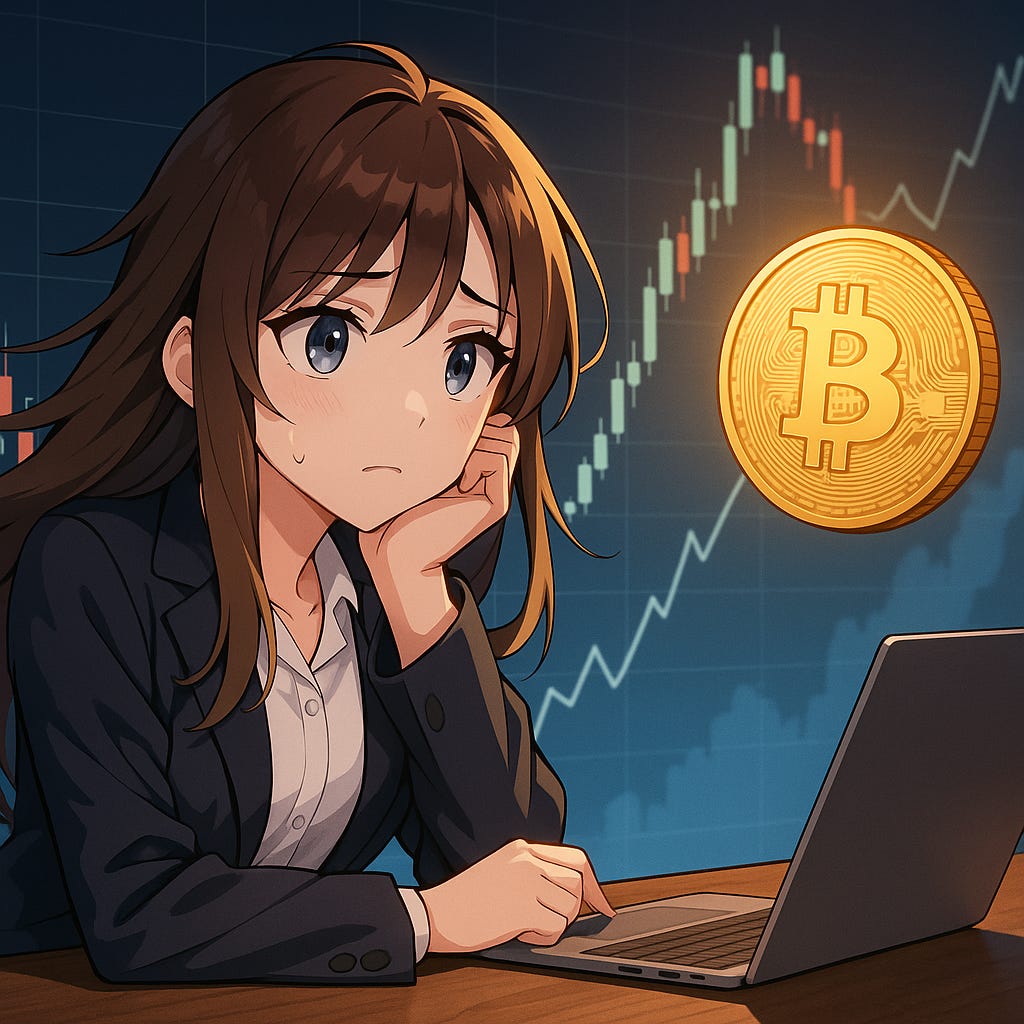All Investments Are Speculative: Why Bitcoin Is No Exception
The Myth of “Safe” Investments
A common criticism of Bitcoin is that it is “just speculation.” Critics argue that Bitcoin has no intrinsic value and is merely a game of chance where only fools buy in. But this objection misses a deeper truth about economics. As Ludwig von Mises explained in Human Action, all investments are speculative. There is no such thing as a completely safe or non-speculative investment. Conditions change, preferences shift, and what seems safe today may turn out risky tomorrow.
If this is true, then the real question is not whether Bitcoin is speculative—it clearly is—but whether it is a sound speculation compared to other assets.
Action and Uncertainty
Every human action is aimed at shaping the future. But the future is uncertain. We cannot predict natural events with perfect accuracy, nor can we fully predict human desires. People change what they value, sometimes overnight. This constant flux makes uncertainty unavoidable.
Economists distinguish between risk and uncertainty. Risk deals with events where probabilities are calculable, such as rolling dice or estimating accident rates. Uncertainty, however, involves unique situations where outcomes cannot be reduced to neat statistics—like deciding whether Bitcoin adoption will grow in the next decade. Investing belongs to this second category: it is about judgment under uncertainty, not mathematical certainty.
How We Deal With the Future
Mises outlined three ways people respond to uncertainty: gambling, engineering, and speculation.
Gambling relies purely on luck within known probabilities, such as betting on dice rolls.
Engineering involves technical certainty, such as building a bridge where the laws of physics are well understood.
Speculation is different. It is about anticipating human behavior—what people will value, buy, or sell in the future.
Investing, therefore, is always speculation. Entrepreneurs and savers speculate about what goods or money will be most useful tomorrow. Sometimes they profit from correct judgment; sometimes they make mistakes and incur losses. This is the market process at work.
Why Bitcoin Fits In
Seen this way, calling Bitcoin “speculative” is not an insult but a simple fact of economics. The same is true for stocks, bonds, real estate, or even holding cash. A U.S. dollar today is a speculation that its future purchasing power will remain stable. A house is a speculation that people will still value that location in the future. Ice cream, oddly enough, is also speculative—when you buy vanilla today, you are speculating that you will still want it later, even though tomorrow you may crave chocolate.
Bitcoin is not unique in being speculative. What matters is whether its properties—scarcity, divisibility, portability, and independence from central control—make it a sounder speculation compared to alternatives.
Conclusion: Choosing How to Speculate
Speculation is not something we can avoid. Every action is a bet on the future. The only meaningful question is how to speculate wisely.
For money, the best speculation is on the asset most likely to hold value across uncertain futures. For many, that asset is Bitcoin. Whether one agrees or not, dismissing it as “mere speculation” misses the larger truth: speculation is the essence of all investing.



What are your thoughts about trying to time the market; e.g. to "buy the dip" in regards to Bitcoin?
https://antonwiegert.substack.com/p/why-buying-bitcoin-early-pays-off?r=27dp9x